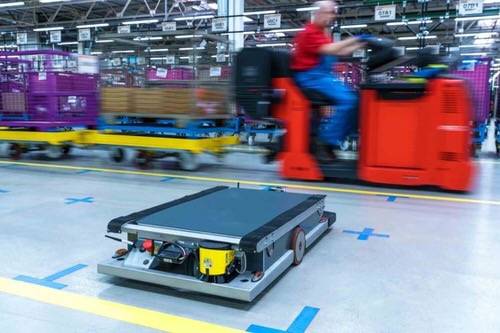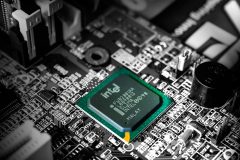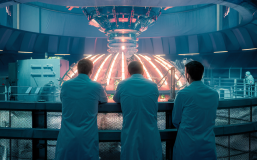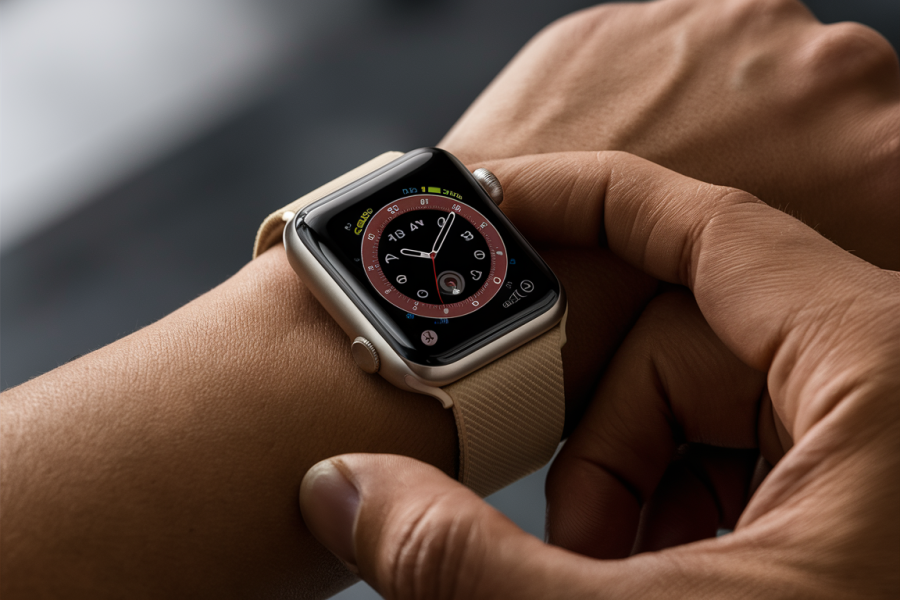Some of BMW’s factory floors are seeing new workers underfoot, and they aren’t the usual summer interns. The German car maker is trying out suitcase-sized robot trolleys in some of its factories as part of an initiative to cut costs by 5%.
Automotive News Europe reports that the self-driving vehicles debuted this month in Wackersdorf, Germany at BMW’s logistics center. The robots were tasked with autonomously seeking out and transporting targeted parts containers from one area to another for packing.
BMW makes the robotic vehicles in-house and – after a six-month trial – will introduce the trolleys to other warehouses.
The advantage of the robotic trolleys is that it improves inventory flows and response times, which cuts costs of manually moving parts around the factory, according to BMW’s production chief Oliver Zipse.
“If I’m not smart about getting the right parts to the right places, the whole line becomes cluttered with parts standing around,” said Zipse.
Robots aiding logistics continue to multiply
Logistical use of robotics has grown dramatically in the past three years. Much has been made of the efficiency gains of Amazon’s Kiva robots – wringing efficiencies out of the company’s fulfillment centers by bringing entire shelves of goods to employees so they can pick items as needed. The firm has deployed over 15,000 of the robots in their 10 U.S. fulfillment warehouses. re items for more customers simultaneously. Amazon began using these robots in July 2014, and there are now more than 15,000 of them in 10 of the company’s warehouses.
But moving parts around factory floors has become more complex as multiple car models can be manufactured on a single production line. As well, consumers are being targeted with specific customization options that also complicate the manufacturing process. The logistics of parts movement is one of the few remaining areas of the assembly line where productivity has not been optimized.
The automated trolley program is part of BMW’s strategy to cut costs by several hundred million euros over the next few years. Reducing overhead is integral to freeing up funds for BMW’s development of new innovations like self-driving technology, which are investments that might take years to pay off.
BMW has set an ambitious efficiency target in its automobile manufacturing plants of 30 hours production time per car. Zipse said the target is “not far off” but would not state the current production time per vehicle. For comparison, it averaged 61 hours for competitor Mercedes-Benz to make each car in 2005.










